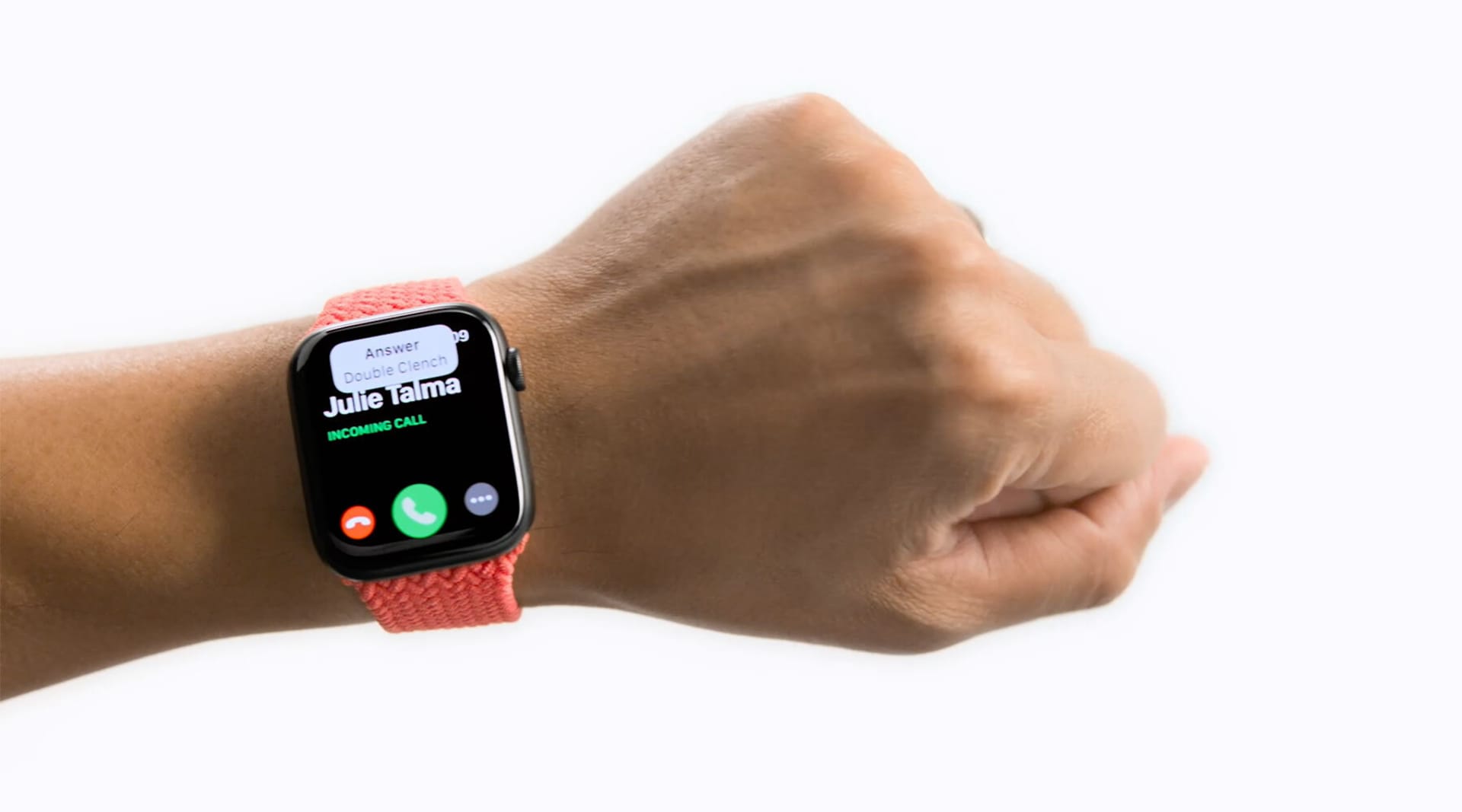Several new innovations were unveiled at CES 2022 that reflect a more inclusive consideration of users’ abilities.
Samsung highlighted its accessibility-enhancing functionality on its smart TVs. The features include a voice guide, which provides spoken information about controls, such as channels and volume level; an avatar sign language guide, which helps users understand and navigate TV menus; SeeColors, which optimizes color calibration for people with color viewing deficiency; and auto caption position, which automatically positions closed captioning to avoid overlap with text or on-screen logos.
Two companies launched assistive devices for those with vision impairments. Biped introduced a smart harness that operates as an AI copilot for blind and visually impaired people. The device uses 3D cameras to monitor the environment and detect obstacles, warning the wearer of potential collisions using 3D sounds transmitted through bone conduction earphones.
OrCam was awarded a CES innovation award for its camera that clips to glasses to help visually impaired people identify and interpret facial expressions. It also reads out printed and digital text, helps identify products, and has a “smart reading” feature that lets wearers search for specific information.
Outside of CES, Apple has been redesigning their products for a wider range of abilities. At the end of 2021, Apple added its assistive touch feature to Apple Watch. The feature, which was designed for those with upper-body limb differences and limited mobility in their fingers, lets users control the watch with arm movements and hand gestures.
Users will soon be able to control iPads with their eyes. Tobii Dynavox, the assistive tech division of the eye-tracking company Tobii, partnered with Apple in November on TD Pilot, a smart frame for iPads that includes an eye-tracking sensor, wheelchair mount and enhanced speakers.
Accessibility and inclusivity are crucial considerations for brands—in part because overlooking differently abled users significantly reduces a brand’s potential consumer base. 15% of the world’s population have a disability, and people with disabilities and the friends and family who buy on their behalf have $13 trillion in disposable income globally. Brands are rethinking everything from packaging to fashion to tech devise to be accessible for a wide variety of users.


